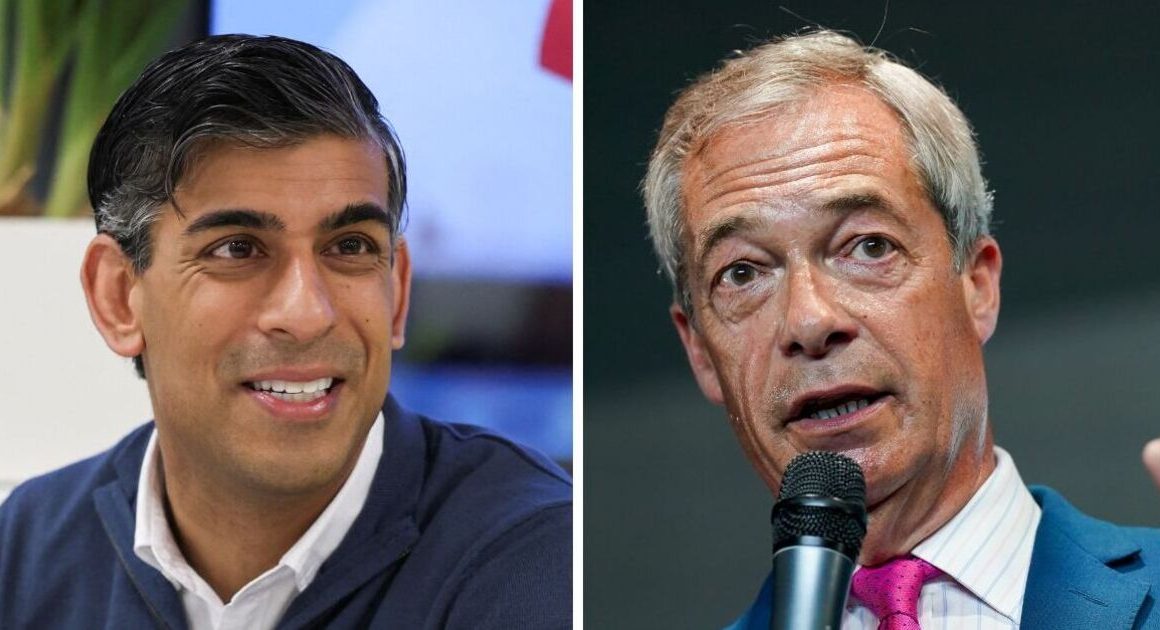Hunter Biden’s sister-in-law testified on Thursday that she took and threw away his gun out of fear of his spiralling addiction, potentially bolstering prosecutors’ case that U.S. President Joe Biden’s son broke a law barring illegal drug users from owning firearms.
Jurors in the first criminal trial of a U.S. president’s child saw surveillance camera footage of Hallie Biden tossing Hunter Biden’s gun in a supermarket trash can, as well as texts where she said she feared for his life.
“Check yourself into a local rehab hunter, this has all got to stop,” Hallie Biden wrote in an October 2018 text shortly after Hunter Biden bought the gun.
Hunter Biden has pleaded not guilty to three felony charges accusing him of failing to disclose as required his use of illegal drugs when he bought the Colt Cobra revolver and of illegally possessing the weapon for 11 days before Hallie Biden took it.
The trial in Wilmington, Del., federal court follows another historic first — last week’s criminal conviction of Donald Trump, the first U.S. president to be found guilty of a felony. Trump is the Republican challenger to Joe Biden, a Democrat, in the upcoming Nov. 5 election.
Trump and some of his Republican allies in Congress have claimed that case and three other ongoing prosecutions are politically motivated attempts to prevent him from regaining power. Congressional Democrats have pointed to cases including the Hunter Biden prosecution as evidence that Joe Biden is not using the justice system for political or personal ends.
Joe Biden told ABC News on Thursday that he would not pardon his son if he was convicted. Asked if he would accept the trial outcome and rule out a pardon, Biden responded, “Yes.”
The Delaware jury has heard testimony this week from witnesses, including his ex-wife and a former girlfriend, about 54-year-old Hunter Biden’s past prolific drug use, which he has publicly acknowledged.
The Current19:15Hunter Biden explores tragedy and addiction in his memoir Beautiful Things
Matt Galloway talks to Hunter Biden about his new book, Beautiful Things, about his experience of tragedy and trauma from a young age, the addiction issues that followed — and how it all played into his father’s fight to become president of the United States.
Much of the earlier testimony and evidence covered periods before and after Hunter Biden had the gun, and the defence has tried to show the president’s son had gone through drug treatment and that he could have considered himself sober when he bought it in October 2018.
Defence attorney Abbe Lowell told the jury during opening arguments on Tuesday there was no intent to deceive by Hunter Biden.
Brother’s widow ‘ashamed and embarrassed’ of crack addiction
Hallie Biden, the widow of Beau Biden, who died of cancer in 2015, was the first witness to fill in details about Hunter Biden’s behaviour when he possessed the gun.
She testified she often cleaned out Hunter Biden’s truck, searching for drugs, in an attempt to help him get his life in order.
She told the jury that she found drug paraphernalia and the gun during one of those searches, and feared Hunter Biden or her children would find the gun and hurt themselves.
“I panicked and wanted to get rid of it,” said Hallie Biden, who said she struck up a romantic relationship with Hunter Biden beginning late 2015 or early 2016.
She said Hunter Biden introduced her to crack and she became addicted until she got clean in August 2018.
“It was a terrible experience I went through, and I’m embarrassed and ashamed,” she told the jury.
On cross-examination, she said she had not seen Hunter Biden in the weeks around the gun purchase and did not see him use drugs on the day she took his revolver. She completed her testimony on Thursday afternoon.
Hunter Biden told the judge in the case at a 2023 hearing that he had been sober since 2019.
If Hunter Biden is convicted on all charges, he faces up to 25 years in prison, though defendants generally receive shorter sentences, according to the U.S. Justice Department.








